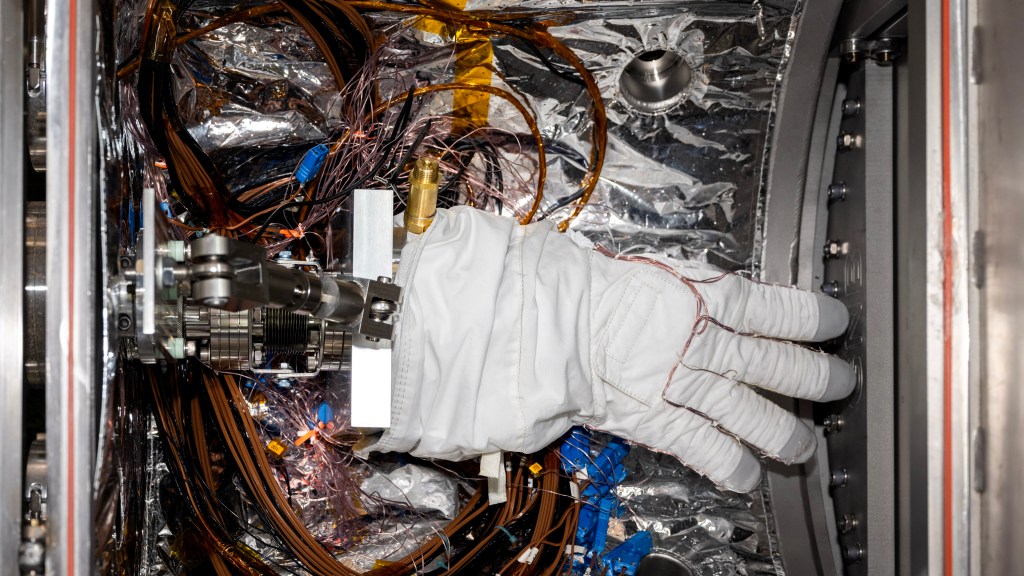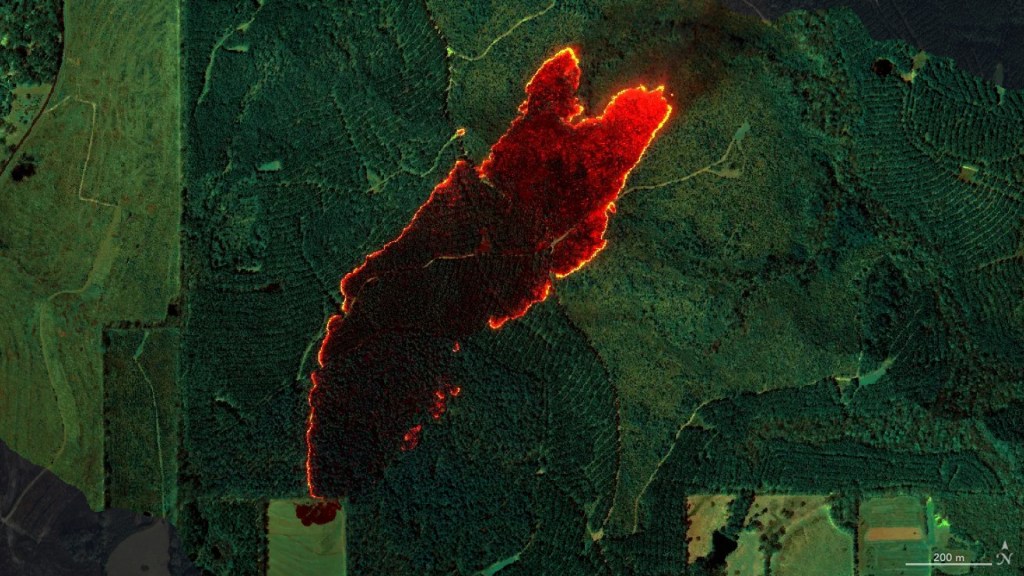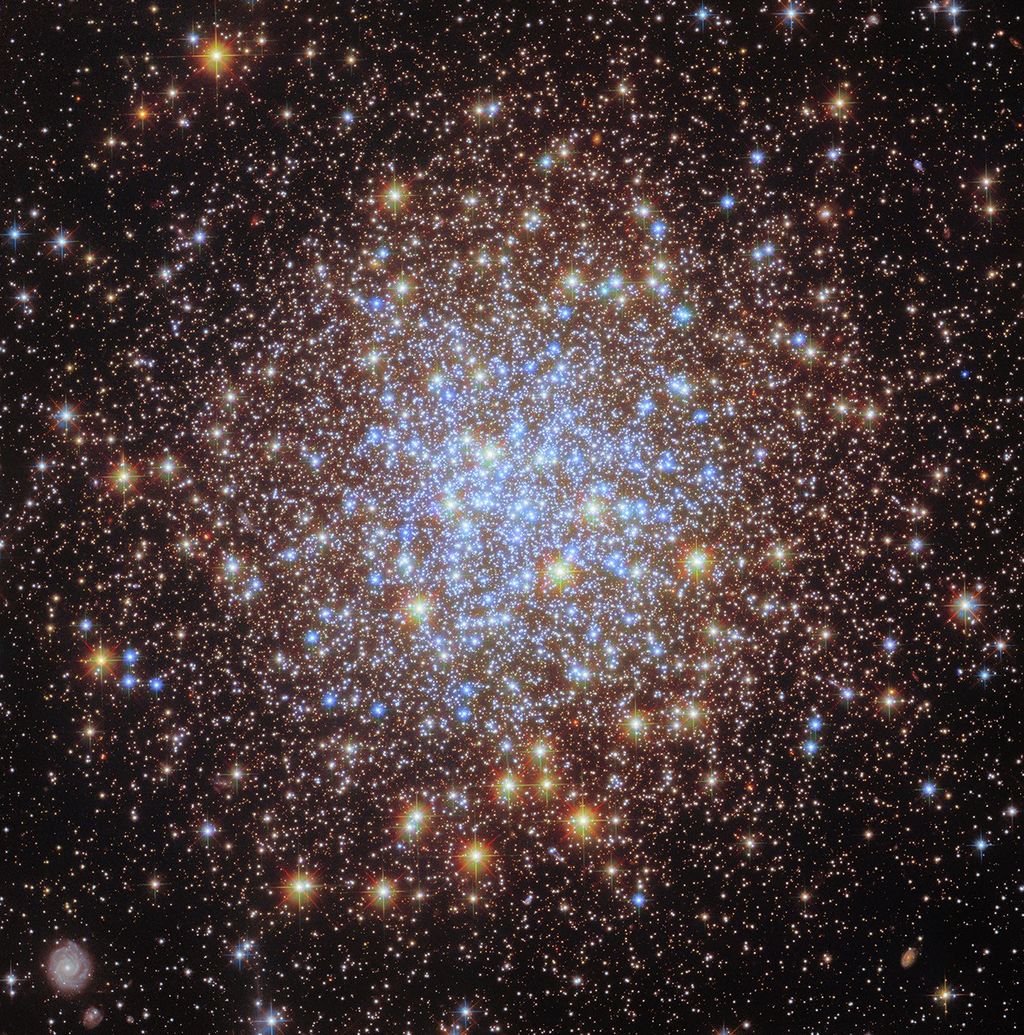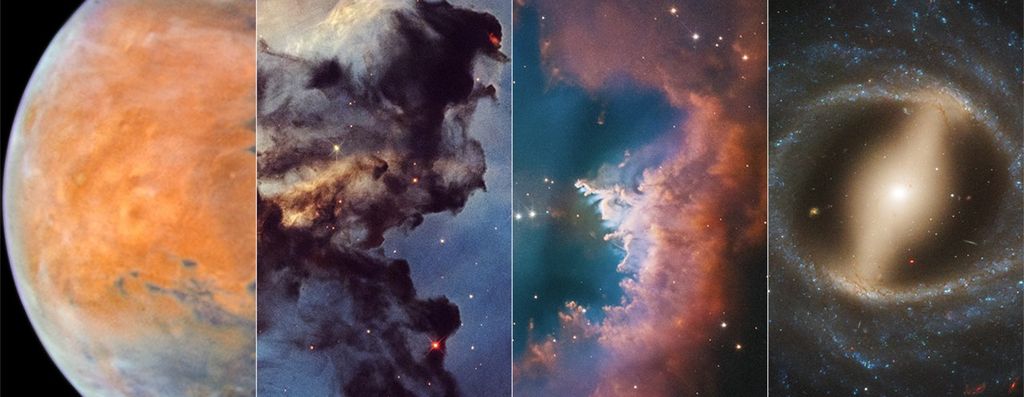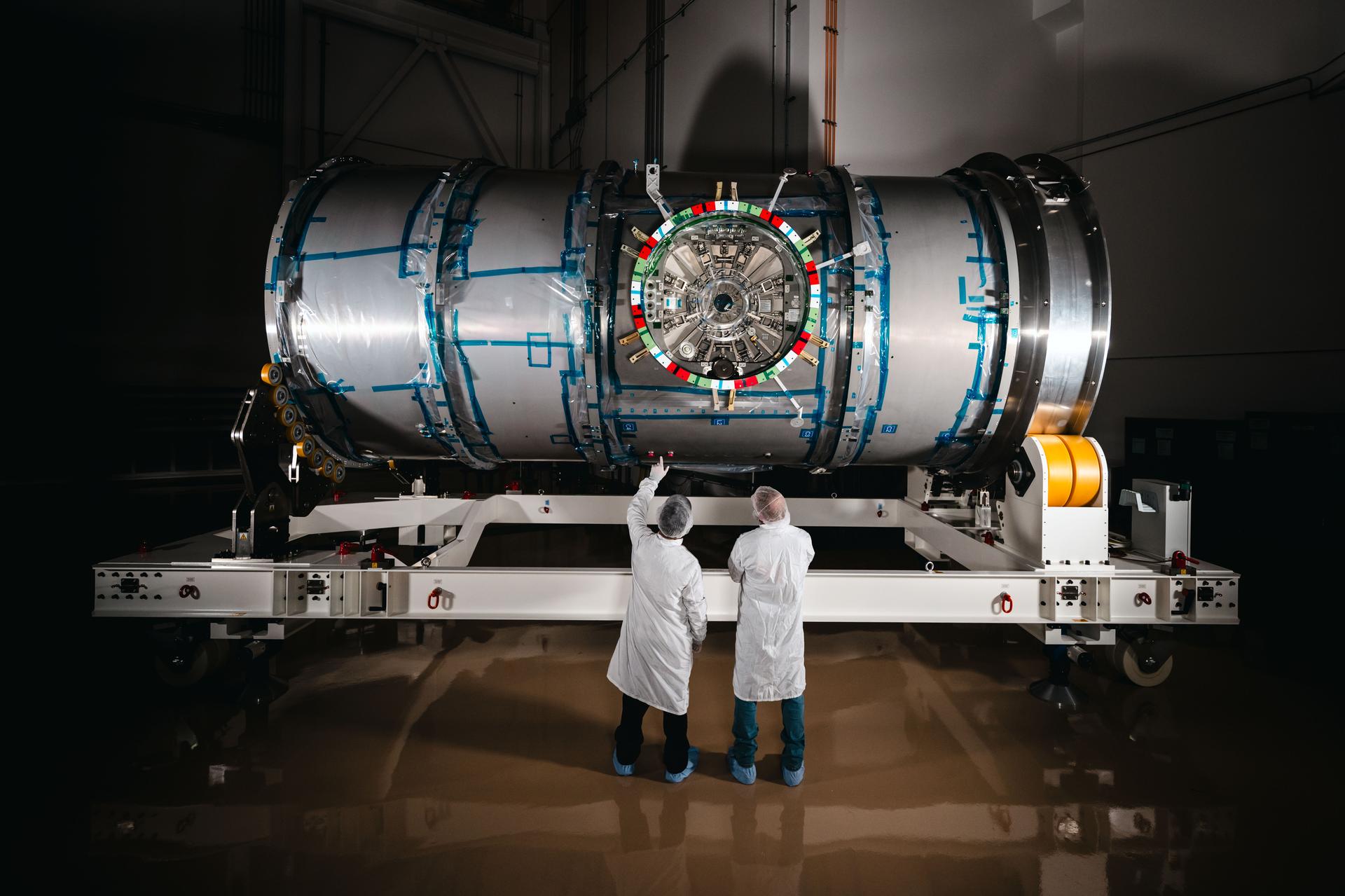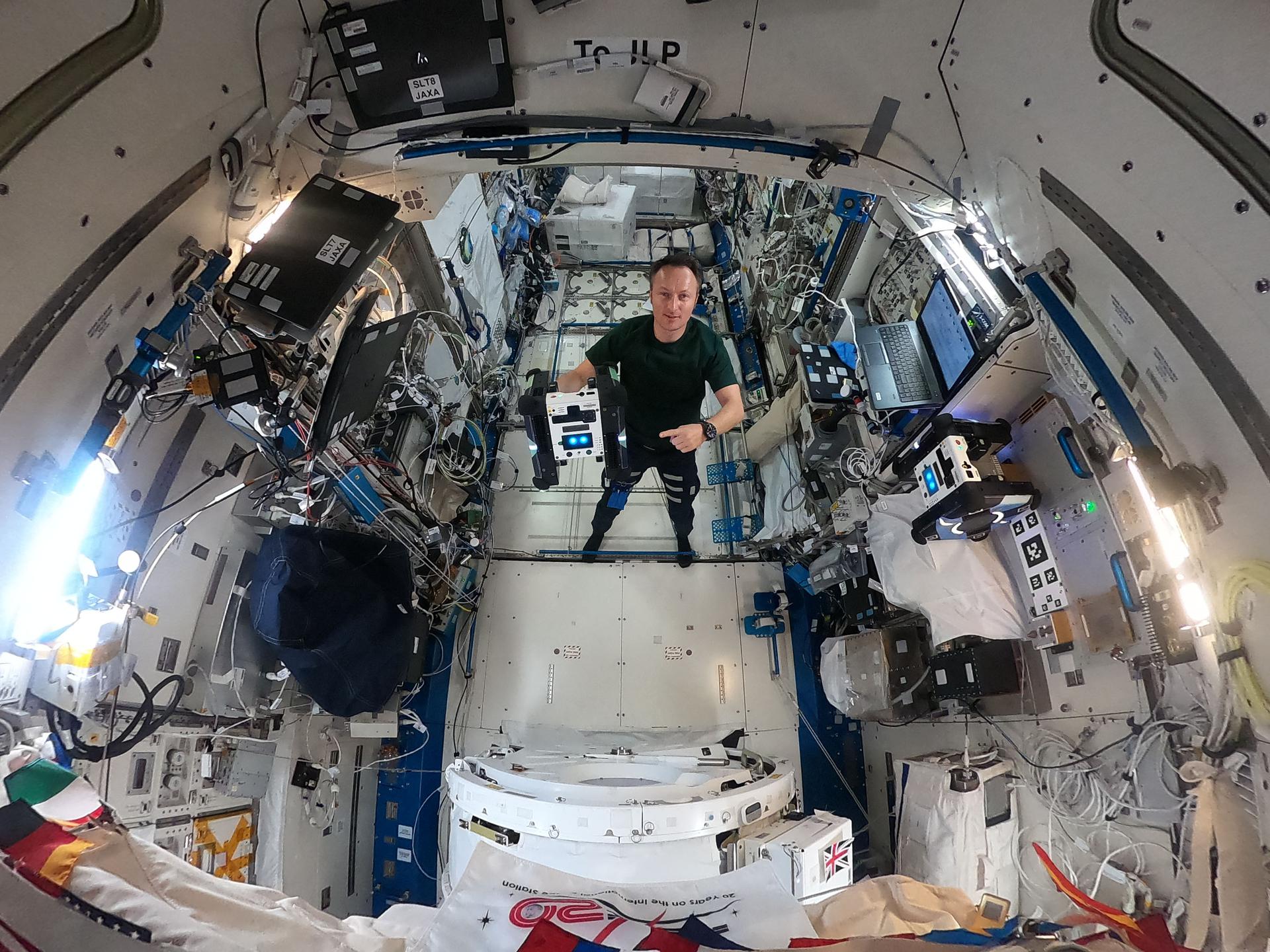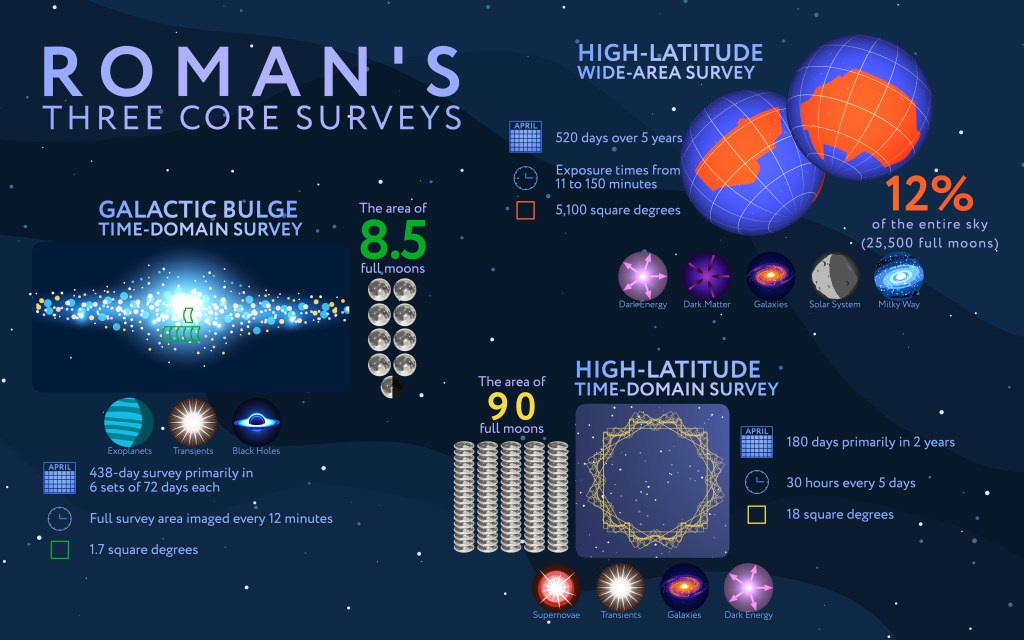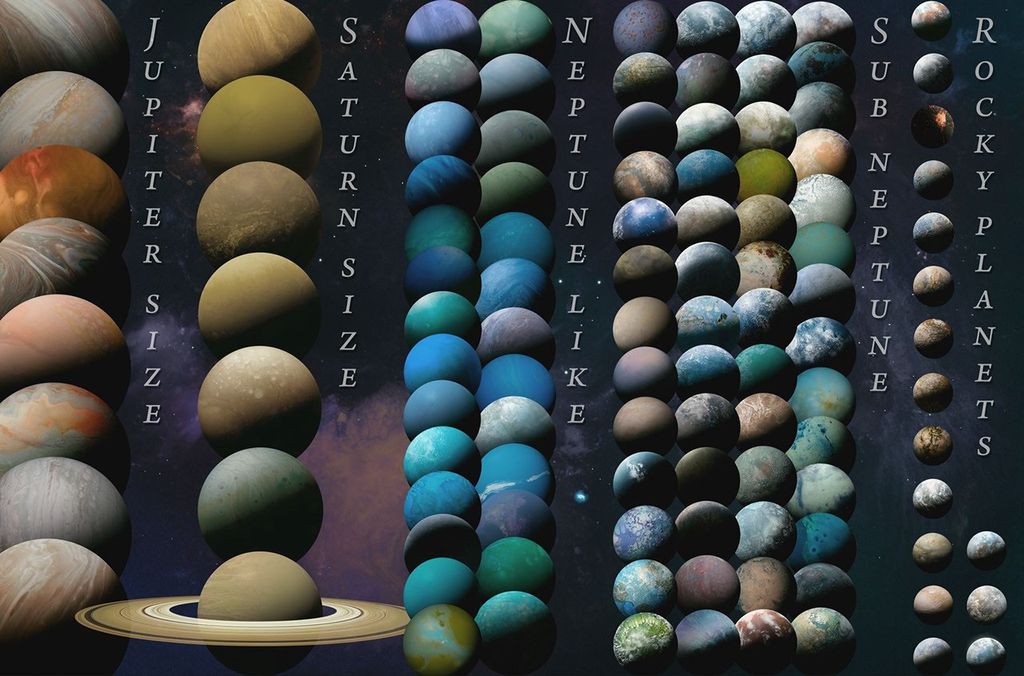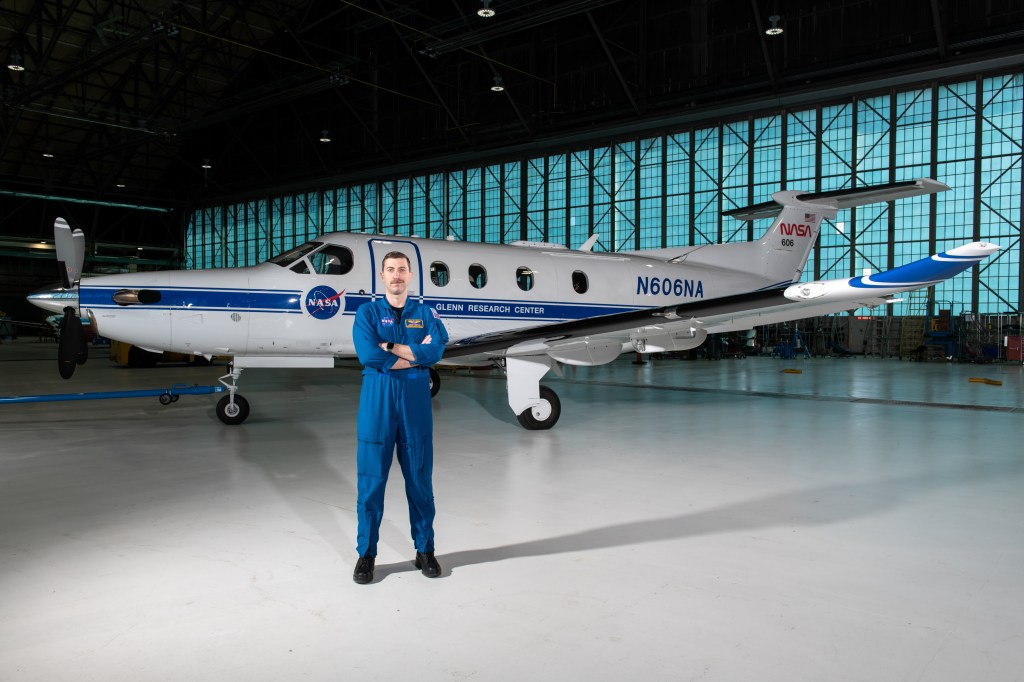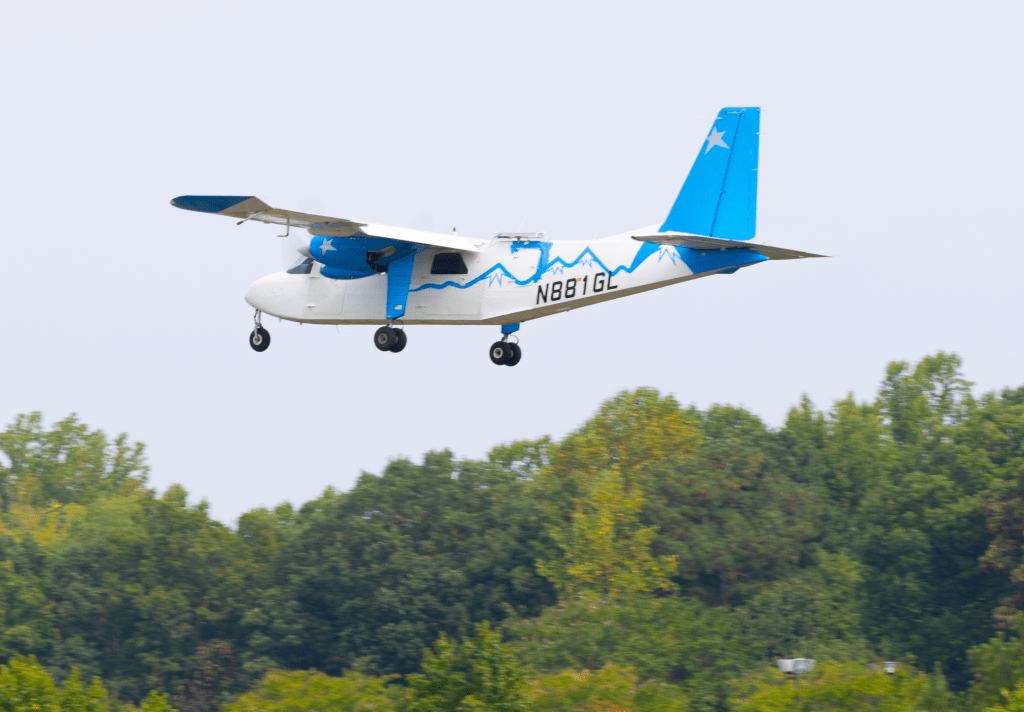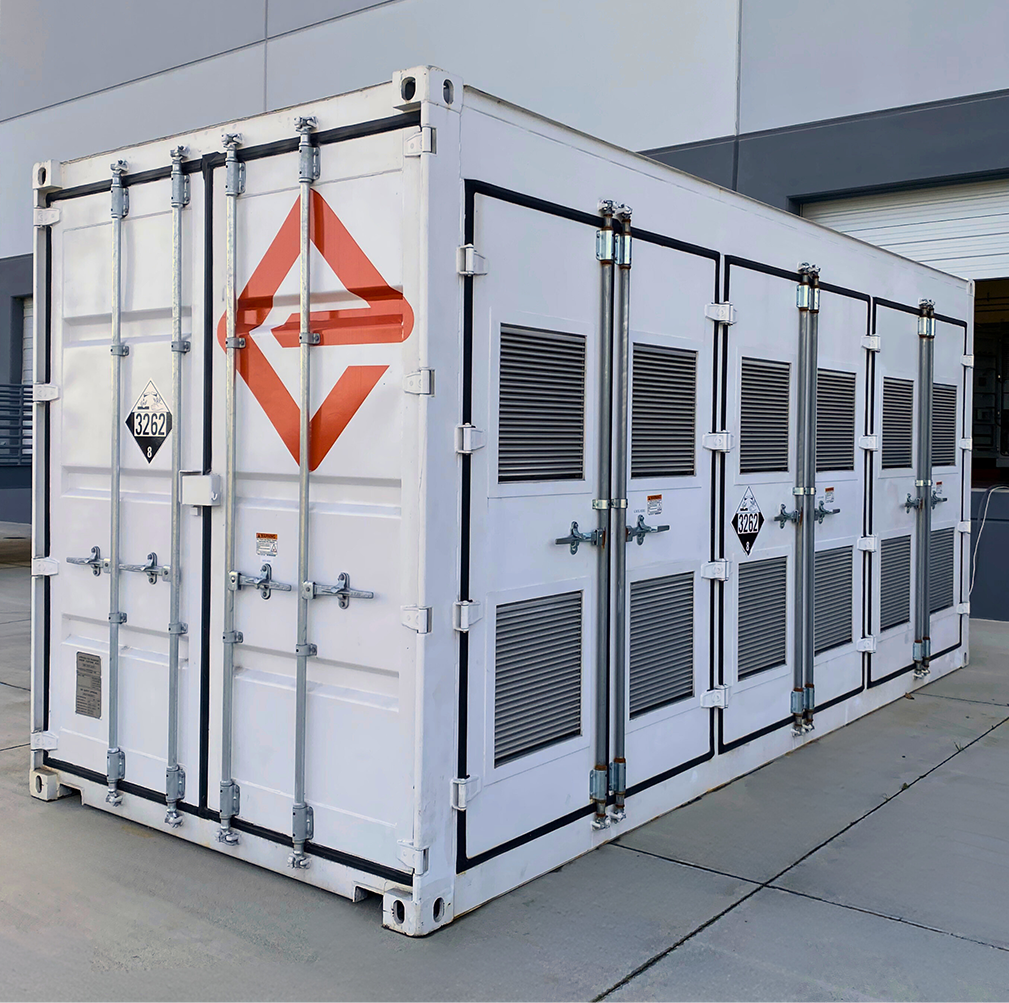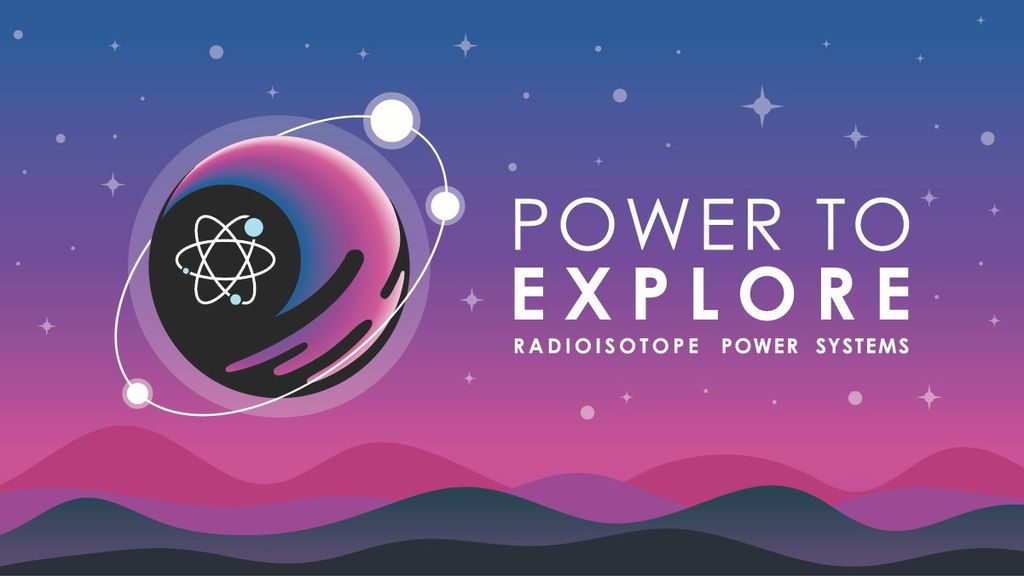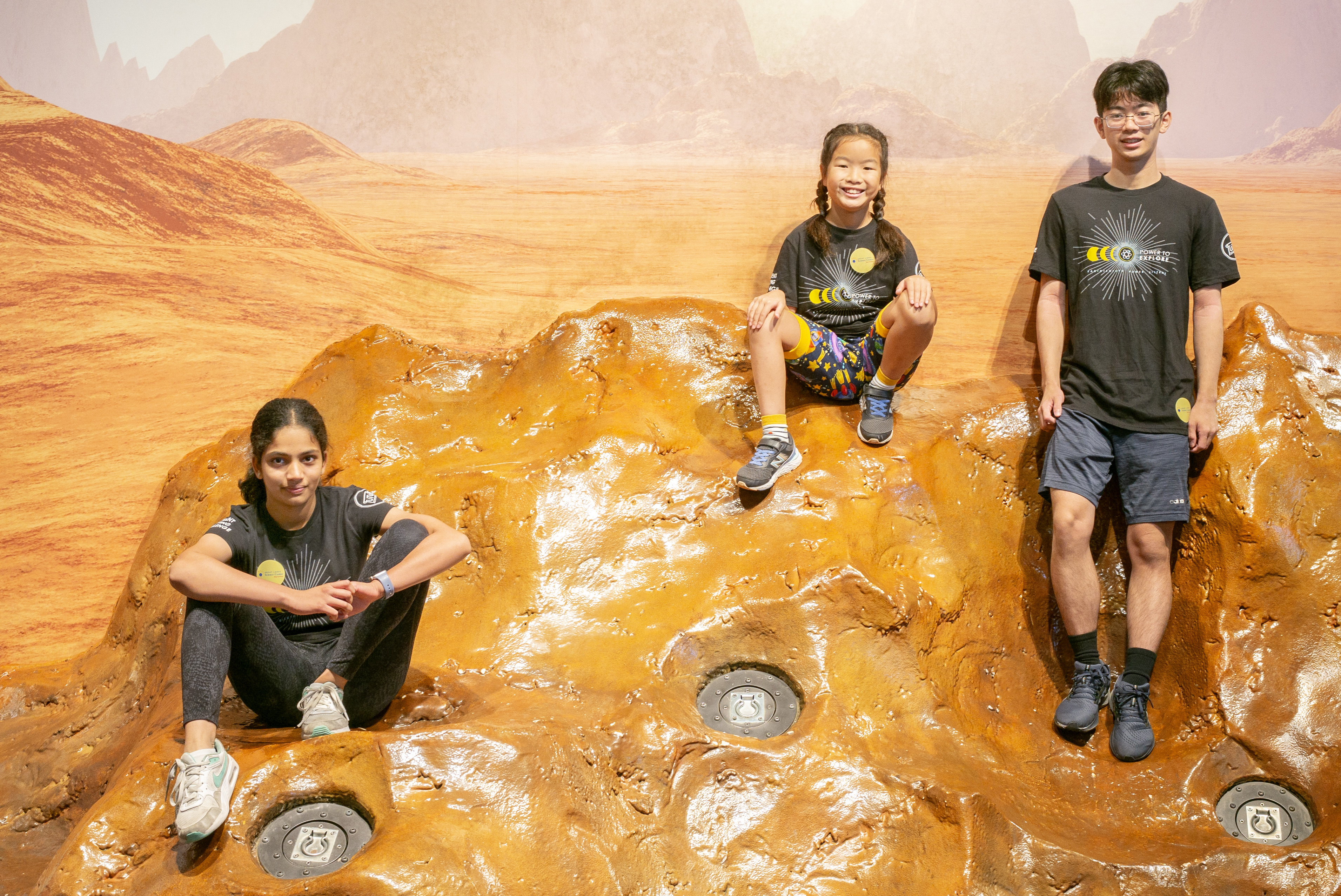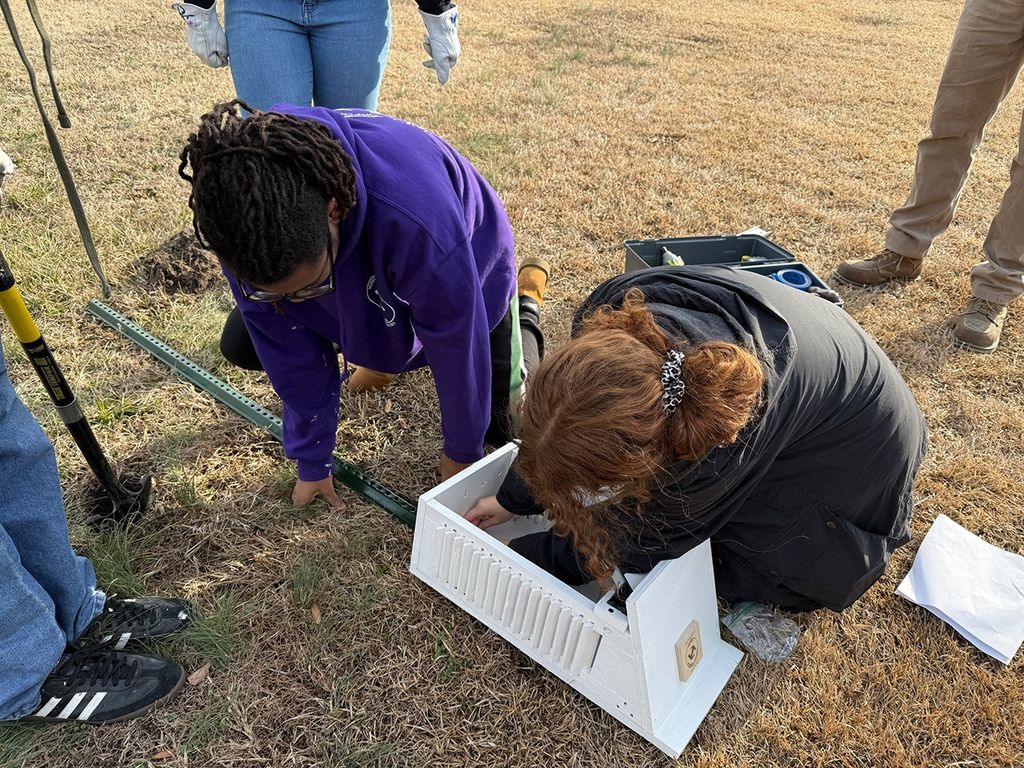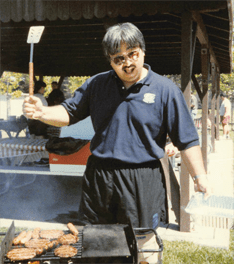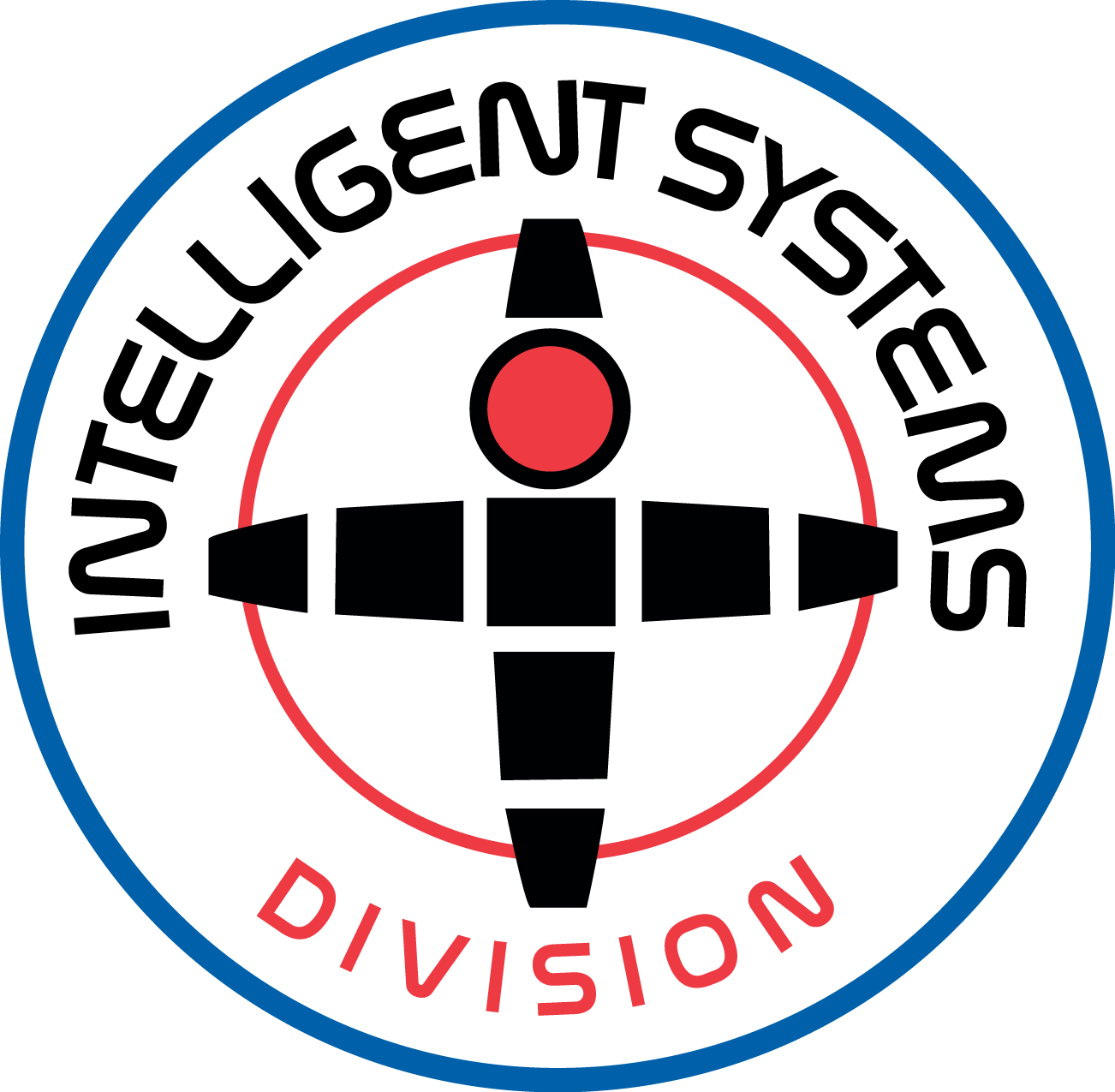
Intelligent Systems Division History
The Information Sciences Division has been conducting research, development, and demonstrations in intelligent systems since 1982.
Original Organization
Space Technology Branch (Code SSR), Space Science Division
Aug 1984: Information Sciences Office (Code SI), Astronautics Directorate
Jun 1985: Information Sciences Office (Code RI), Aerophysics Directorate
Jun 1990: Information Sciences Division (Code FI), Information Systems Directorate
Sep 1994: Computational Sciences Division (Code IC), Information Systems Directorate
Apr 2005: Intelligent Systems Division (Code TI), Exploration Technology Directorate
In 1990, the Division moved into the Automation Sciences Research Facility (ASRF) in Building N269 with the Information Sciences Division (Code FI) in the adjoining building, N262, doing human performance research. The Division consisted of three branches:
| Information Sciences Division (Code FI) | Dr. Henry Lum and John Bull |
| Artificial Intelligence Research Branch (Code FIA) | Dr. Peter Friedland and Monte Zweben |
| Intelligent Systems Technology Branch (Code FII) | Dr. Charles Jorgensen and Nancy Sliwa |
| Advanced Missions Technology Branch (Code FIM) | Alan Fernquist and Benny Chin |
From 1990 research highlights upon formation of the Division:
“The Information Sciences Division conducts research in Artificial Intelligence (AI), High Performance Computational Systems, and Information Management Systems with emphasis on intelligent systems. It is laying the foundation for new opportunities to meet the challenges created by a manned presence in space. Intelligent system technologies are becoming feasible and credible as they are demonstrated in real operational environments. The Automated Sciences Research Facility (ASRF), with over 57,000 square feet, will provide in excess of 100 offices and 11 technology R&D laboratories.
Individual laboratories in the ASRF will support research in a variety of domains. The Advanced Missions Technology Lab will perform testing and integration of electromechanical systems. Development of software tools to test and validate AI concepts in robotics will be performed in the Robotics Lab. The Multiprocessing Testbed Lab will specialize in real-time parallel processing of knowledge-based systems as well as testing and evaluation of multiprocessor prototypes for space applications. Development of intelligent adaptive operating systems and research into visualization techniques for parallel architectures will also be done there. The Advanced Architectural Lab will emphasize advanced automation and computer architectures and tools for simulation and monitoring of computer systems. The Optical Processing Lab will focus on optical correlators for image recognition applications investigations of matrix processor applications.
Other labs include Systems Evaluation, Information Systems, and Intelligent Agent Testbed Lab for applications of AI technology in planning, scheduling, and control; and AI tools to interface with robots and mobile robot platforms. The Advanced Graphics Lab will feature graphical depictions of automated systems and interactive modeling of systems in simulated operational environments.
The Division will also share the 30,000 square foot Human Performance Research Laboratory (HPRL) highbay where the Division’s Integrated Testbed will be housed.”
Division Chief History
| Chief | From | To |
| Henry Lum | Conception | Oct 1994 |
| Ron Deiss | Oct 1994 | May 1995 |
| Max Reid | May 1995 | Aug 1995 |
| David Thompson | Aug 1995 | Oct 1995 |
| Gregg Swietek | Oct 1995 | Mar 1996 |
| Man Mohan Rai | Mar 1996 | Jul 1996 |
| Sonie Lau | Jul 1996 | Sep 1996 |
| Keith Swanson | Sep 1996 | Sep 1997 |
| Dennis Koga | Sep 1997 | Aug 1998 |
| Peter Norvig | Aug 1998 | May 2001 |
| Dan Clancy | May 2001 | Sep 2003 |
| David Korsmeyer | Sep 2003 | Mar 2012 |
| Michael Shafto | Mar 2012 | Jun 2013 |
| Bill Van Dalsem | Jun 2013 | Sep 2016 |
| David Alfano | Sep 2016 | Present |


